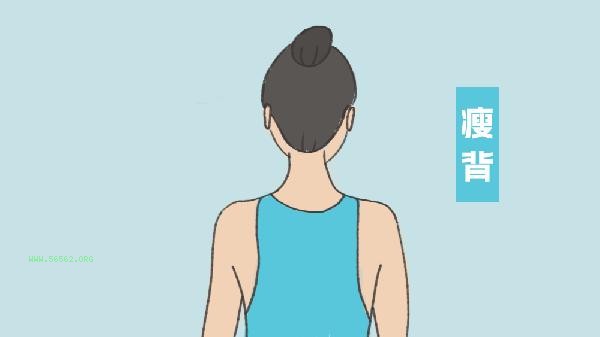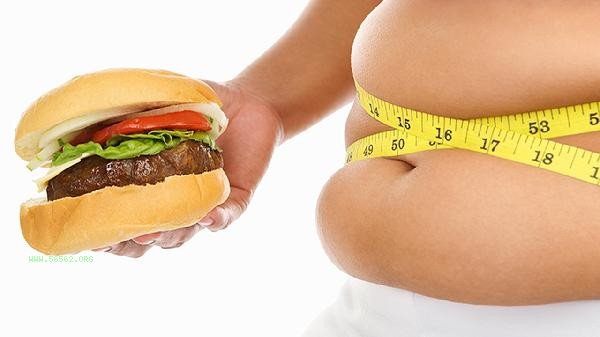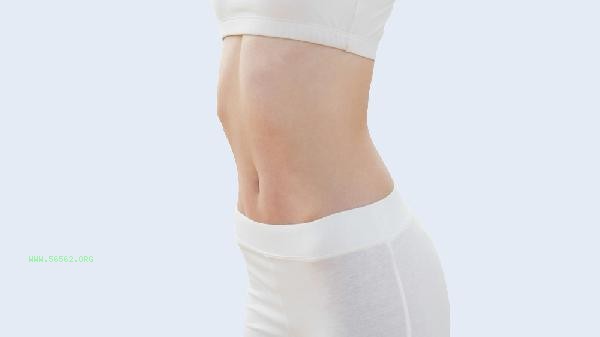Knee pain during dieting and weight loss is usually caused by factors such as malnutrition, muscle loss, increased joint pressure, electrolyte imbalance, and inflammatory reactions. It can be alleviated through adjusting dietary structure, supplementing nutrients, scientific exercise, and other methods.

1. Malnutrition:
Long term excessive dieting can lead to insufficient intake of protein, calcium, and vitamin D, directly affecting cartilage repair and bone health. Knee cartilage requires sufficient collagen and glucosamine to maintain elasticity. When there is a lack of high-quality proteins such as fish and soy products in the diet, joint synovial fluid secretion decreases, which may cause friction pain during activity. It is recommended to ensure a daily intake of 1-1.2 grams of protein per kilogram of body weight.
2. Muscle loss: During rapid weight loss, the body breaks down muscle tissue to provide energy. The quadriceps and gluteal muscles in the front thigh are crucial for knee joint stability. When muscle mass decreases by more than 20%, the knee joint needs to bear more weight load. Data shows that for every 1 kilogram of weight loss, knee joint pressure decreases by 4 kilograms, but muscle loss offsets this protective effect.
3. Changes in Joint Pressure:
Short term weight loss may alter joint stress patterns. After the reduction of adipose tissue, joints that were originally buffered by fat are suddenly exposed to direct pressure, especially when BMI rapidly drops from above 28 to below 24, and the knee joint needs to readjust to the mechanical distribution. Some people may experience temporary synovitis, manifested as a pain in the front of the knee when going up and down stairs.

4. Electrolyte imbalance:
Strictly controlling carbohydrate diets may lead to hyponatremia and hypokalemia. Insufficient sodium ion concentration can affect the osmotic pressure balance of synovial cells in joints, leading to abnormal joint fluid accumulation. The common manifestation is knee stiffness in the morning, which subsides after activity. Daily intake of 3-5 grams of salt should be ensured, and potassium rich bananas or spinach should be supplemented after exercise.
5. Inflammatory response:
Extreme dieting can increase cortisol levels in the body, a stress hormone that promotes the release of pro-inflammatory cytokines. Research shows that individuals who consume less than 800 calories per day for two consecutive weeks have a 35% increase in C-reactive protein levels, which may trigger mild synovitis. It is recommended to lose no more than 1% of total weight per week and increase anti-inflammatory foods such as salmon and walnuts.
It is recommended to adopt a Mediterranean diet pattern, with a daily intake of no less than 1200 calories. Priority should be given to low GI staple foods such as quinoa and chickpeas, combined with low impact exercises such as swimming and cycling. Warm up thoroughly before exercise and use knee pads to enhance joint stability. If the pain persists for more than two weeks or joint swelling occurs, gouty arthritis or meniscus injury should be investigated. Weight management should follow the safety standard of losing 2-4 kilograms per month, and maintaining a reasonable dietary structure and moderate exercise habits in the long term is the core of healthy weight loss.





Comments (0)
Leave a Comment
No comments yet
Be the first to share your thoughts!